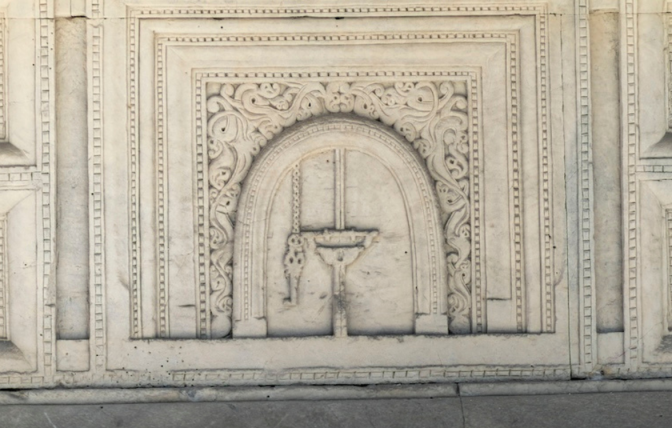

While its natural splendour rightfully dominates its image, the Maldives possesses a cultural heritage less visible beneath its veneer of luxury and honeymoon bliss. Yet, it’s worth remembering that even paradise has a history. Unearthing and weaving this heritage into the nation’s billion-dollar tourism industry requires both sensitivity and a savvy understanding of travellers’ evolving desires.
The Maldives’ heritage is primarily one of seafaring and Islamic tradition. Ancient mosques with intricate coral-stone carvings, like the Hukuru Miskiy on Malé, hint at centuries of craftsmanship. Beyond built heritage lies a trove of intangible culture: boatbuilding techniques passed down generations, the rhythmic beat of Boduberu drumming, and folktales filled with jinns and sea spirits.
The key lies in experience. Resorts could collaborate with local communities for storytelling sessions under starry skies or offer workshops on traditional sail-making. Boutique guesthouses on inhabited islands could curate heritage walks, showcasing not just grand structures, but everyday life shaped by the sea.
Integrating heritage also requires rethinking tourism marketing. The Maldives has masterfully marketed its natural beauty for decades, and adding a layer of culture demands more nuanced storytelling. This could attract a discerning traveller interested in a more authentic experience.
Of course, challenges exist. Historic sites often lack extensive interpretation, and balancing the tourism industry’s needs with the preservation of delicate cultural practices is essential. Some aspects of heritage, like the pre-Islamic Buddhist remnants, may be contentious within the predominantly Muslim nation.
However, the potential rewards are significant. Heritage tourism fosters deeper understanding between cultures, empowers local communities, and can diversify the Maldives’ offerings beyond its pristine beaches. Done thoughtfully, it’s a win-win – tourists gain a richer experience, and Maldivians gain a renewed appreciation for their own roots.
As climate change casts a shadow over the Maldives, its heritage becomes even more precious. It’s a reminder of resilience and the deep connection to these islands, a connection mere luxury resorts cannot replace. Perhaps it’s time for the nation to realise that its billion-dollar industry could be enriched by celebrating the very legacy that makes the Maldives unique.